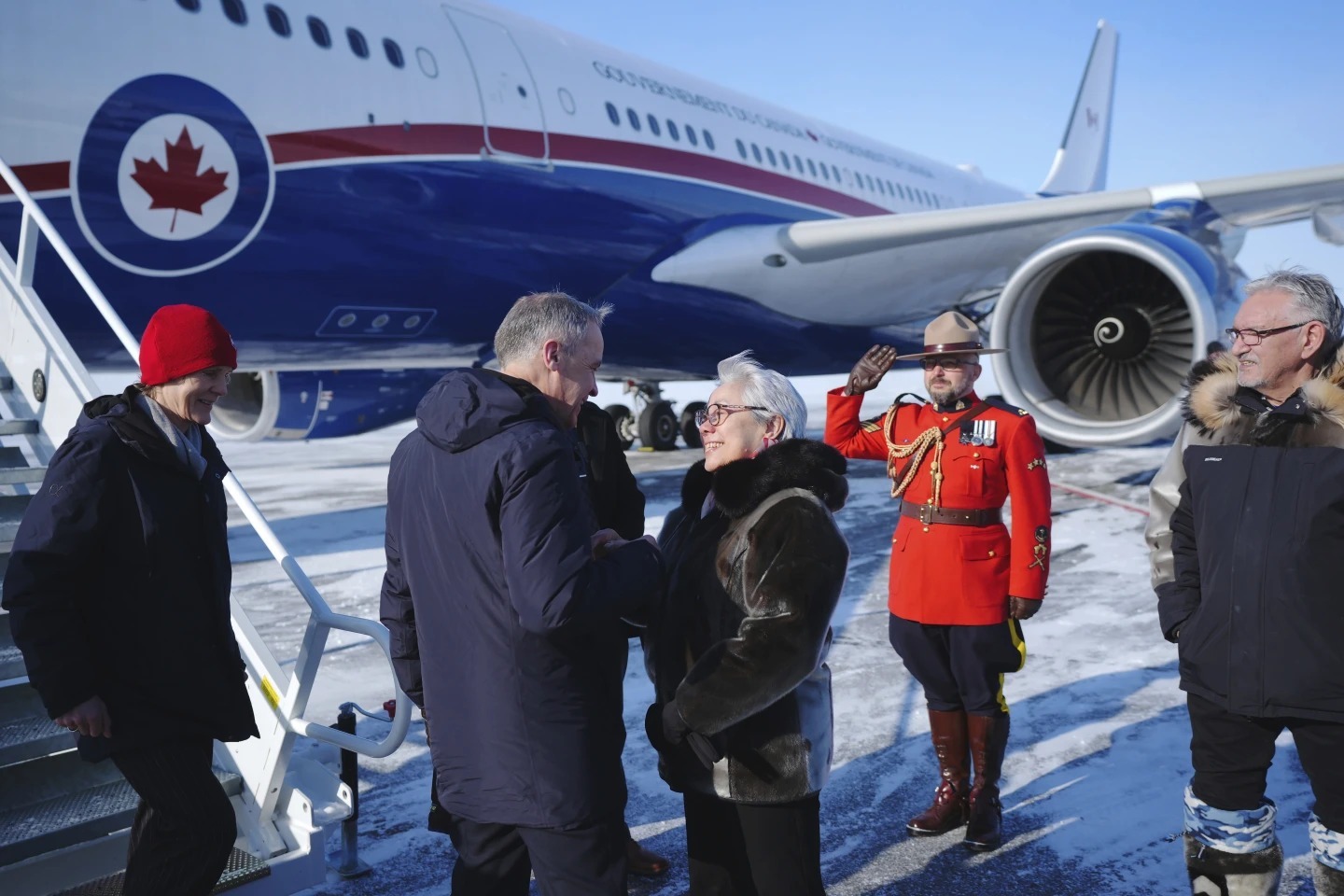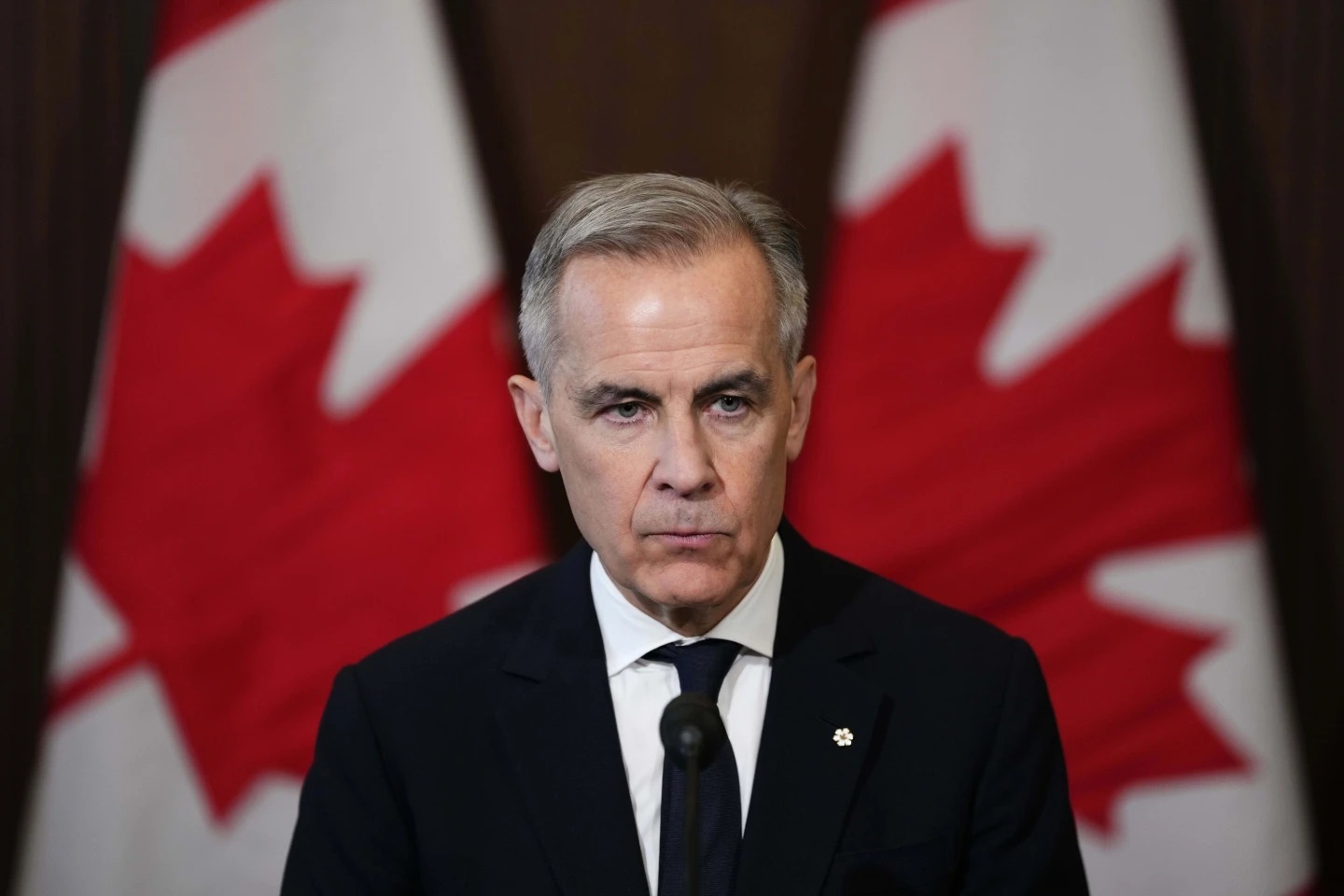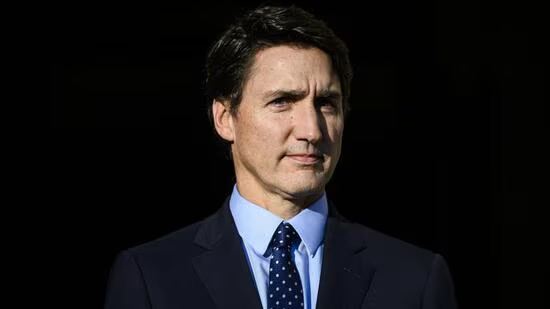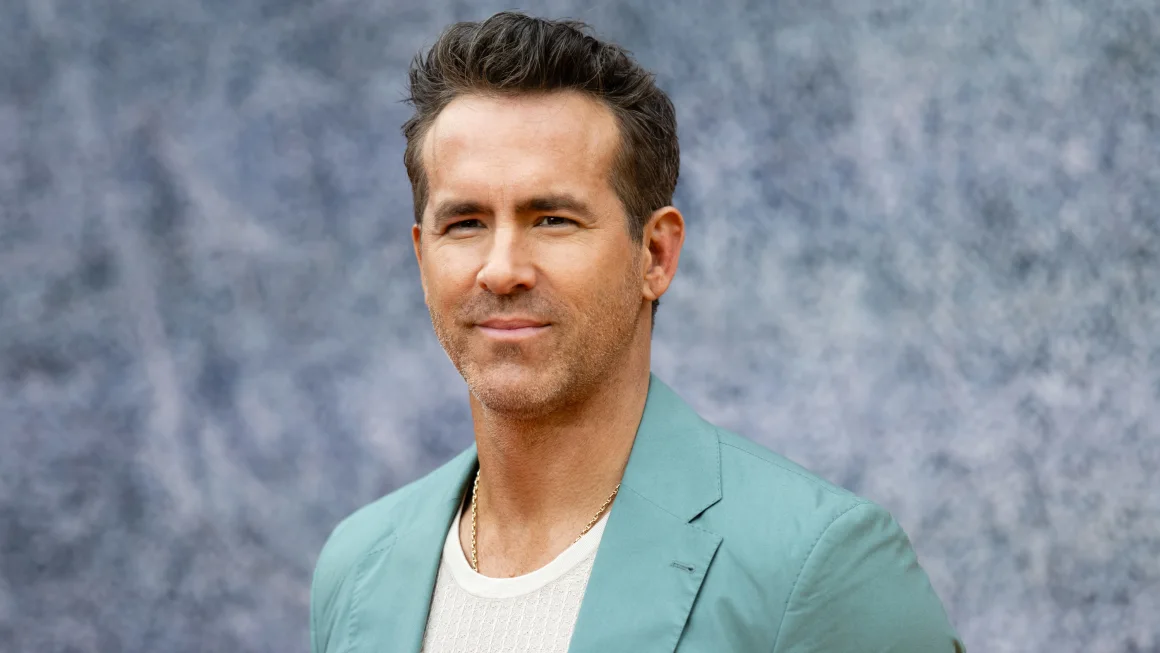Prime Minister Mark Carney announced Thursday that Canada would impose a 25% tariff on U.S. vehicles in retaliation to U.S. President Donald Trump’s recently implemented tariffs on Canadian auto imports.
Trump’s 25% tariffs on auto imports took effect Thursday, and Carney revealed that he had informed Trump last week during a phone call about Canada’s planned response.
“We do this reluctantly, and we aim to cause maximum impact in the U.S. while minimizing any effects in Canada,” Carney explained.
However, Carney clarified that Canada would not impose tariffs on auto parts, as Trump has done, emphasizing that Canadians value the integrated nature of the auto sector, with parts often crossing the Canada-U.S. border multiple times before assembly in places like Ontario or Michigan.
Canadians are already feeling the consequences of the trade tensions. Stellantis, an automaker, announced it would shut down its Windsor, Canada, assembly plant for two weeks starting April 7, with additional scheduling changes expected in the coming weeks, according to the local union. This will affect approximately 3,600 auto workers, many of whom Carney met last week.
The auto sector is Canada’s second-largest export, employing 125,000 people directly and almost half a million in related industries.
In response to the trade disruptions, Carney unveiled a CA$2 billion ($1.4 billion) “strategic response fund” aimed at safeguarding Canadian auto jobs affected by Trump’s tariffs.
Trump had already placed 25% tariffs on Canada’s steel and aluminum exports, and Carney warned that Canada should expect additional tariffs on pharmaceuticals, lumber, and semiconductors.
“Given the potential harm to their own citizens, the American administration may eventually reconsider its approach,” Carney stated. “Although these policies will hurt American families, the American government may not change direction until the impact becomes undeniable, and the path to that point may be long and challenging for both Canada and other U.S. allies.”
Carney, a former central banker in both Canada and the U.K., criticized Trump’s actions, calling them unjustified, unwarranted, and misguided, noting that the global impact would be felt far beyond Canada.
Canada’s initial retaliatory tariffs, totaling CA$30 billion (US$21 billion), are still in place and have been applied to products like American orange juice, peanut butter, coffee, appliances, footwear, cosmetics, motorcycles, and specific pulp and paper products.
In response to the escalating tensions, Carney paused his election campaign to return to Ottawa and address the trade conflict.
Opposition Conservative leader Pierre Poilievre proposed removing the federal tax on Canadian-made vehicles, while Ontario Premier Doug Ford, whose province houses much of Canada’s auto industry, described the new tariffs as a “measured response.”














.jpg)
.jpg)


